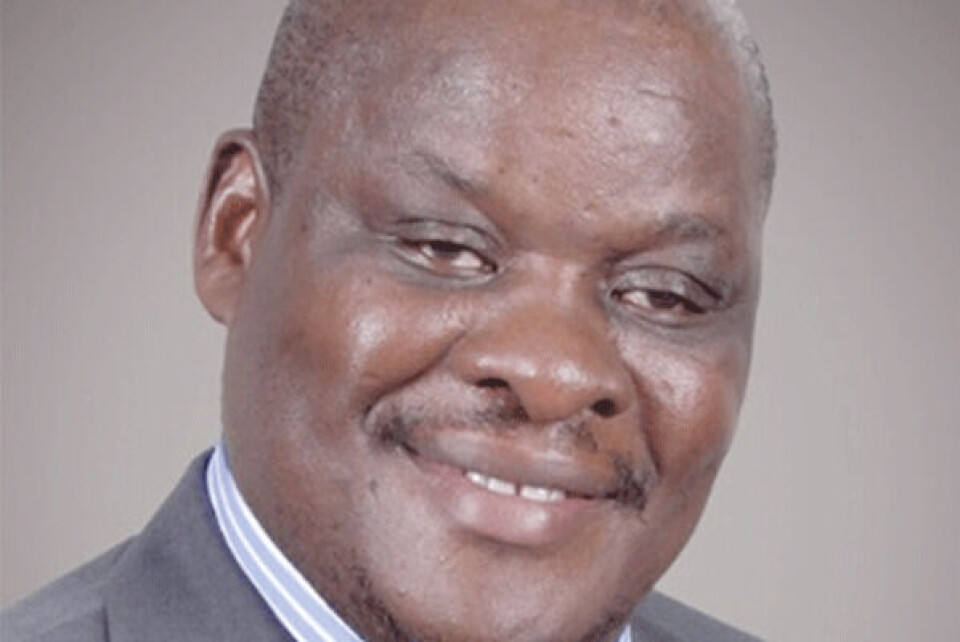In early April, IBAHRI, in collaboration with Zimbabwean Lawyers for Human Rights and Lawyers for Lawyers, held a webinar titled “Zimbabwe’s Civil Society in Peril: threats to the rule of law”, which highlighted several concerns.
Hosted by the institute’s director, Baroness Helena Kennedy, the discussions painted a depressing picture of what appears to be grave authoritarianism in the southern African country.
Equally worrying is the shrinking civic space that will be further affected by the Private Voluntary Organisations (PVO) Amendment Bill which is currently before the president. There are fears that, if enacted, it would compromise a free and fair election when Zimbabweans go to the polls later this year.
McDonald Moyo of Zimbabwe Lawyers for Human Rights said if the bill is passed, it will result in the criminalisation of legitimate activities by civil society organisations (CSO) that play a watchdog role in holding the government to account.
“They find themselves being the target of the wrath of the state, often accused of supporting opposition parties or being regime change agents,”he said. Moyo said the environment for human rights defenders was not free, and the threat of prosecution had impacted their personal and family lives.
His concerns were echoed by Sternford Moyo, senior partner and Chairman at Zimbabwe law firm Scanlen & Holderness and former president of the International Bar Association, who labelled the PVO Bill as the biggest threat to the country’s democracy.
He said the fact that a government minister has been given the power to suspend or deregister CSOs, was the opposite of what one would expect from a democracy.
“The whole concept of the rule of law is seriously threatened when wide powers which are not restricted or subject to any judicial supervision are given to ministers in government or members of the executive,” commented Moyo.
Kudzai Kadzere, a human rights lawyer, is one of many who have been intimidated and attacked by police. Kadzere explained that in January, while in the presence of his political activist clients, he was assaulted by police.
The fracture he sustained on his right hand was so severe that he required surgery from which he is still recovering. In addition, the police counter-charged him, a move he said was a way of covering up their misdeeds.
“The national police spokesman released a statement to the media in which he accused me of trying to escape from the police and attributed my injury to me having tried to flee from members of the police. It's obviously not true,” said Kadzere.
Despite the fierce challenges they face, lawyers in Zimbabwe remain outstandingly brave, said Fiona Darroch, whose organisation, Protimos, works with a cohort of senior judges in Africa to strengthen the rule of law.
“There are remarkable lawyers who put up with this unconscionable oppression and they still use the courts because that, in the end, gives the rule of law its voice,” said Darroch.
Mary Lawlor, UN Special Rapporteur on human rights defenders, encouraged lawyers to continue to report violations and assured that she will be closely following the situation they face as the election draws closer.
To join Africa Legal's mailing list please click here

